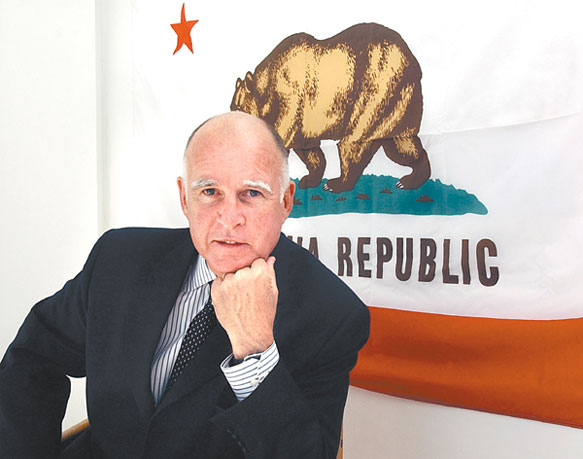KRISTIN MELODY
STAFF WRITER
Students may see much needed aid money from the Middle Class Scholarship bills circulating in the Assembly, but corporations oppose the source, closing a tax loophole.
To keep the cost of attending California universities and community colleges down, the co-author of the bill, Speaker of the California Assembly John A. Perez (D – Los Angeles), proposed Assembly Bill 1500 (AB1500) and 1501 (AB 1501).
The bill would close a “single sales factor” tax loophole currently available to businesses operating in California with headquarters out-of-state. The revenue would be distributed to CSU and UC systems as well as community colleges, cutting cost for middle class students by approximately two-thirds.
“Since the 2003 – 2004 academic year, CSU fees have increased by 191 percent, UC fees have increased by 145 percent and community college fees have also increased significantly… erod[ing] the dream of higher education for too many California families,” said Assembly Speaker John A. Perez in a press release.
Supporters of AB1500 and AB 1501 welcome financial aid coming to middle class students who are not covered by low-income federal aid like FAFSA, or upper class students able to finance their education out-of-pocket. The scholarship would be eligible to students not already covered by financial aid and whose family income is under $150,000.
Opponents of the Middle Class Scholarship, including large corporations, cite that the source of the funds is more taxation on businesses operating in a weak economy. Businesses say that more taxation may discourage business operations of out-of-state corporations in California.
“This policy is intended to encourage firms to produce in California and sell into other states,” stated the Legislative Analyst’s Office on www.lao.ca.gov, but only functions properly if all states are using the same model.
Currently, these corporations elect their own tax category. Closing the loophole would make taxes be based on sales only, not payroll, property or other assets. There are 23 other states currently use this model. California has not closed this loophole, which may be putting it at an economical disadvantage.


